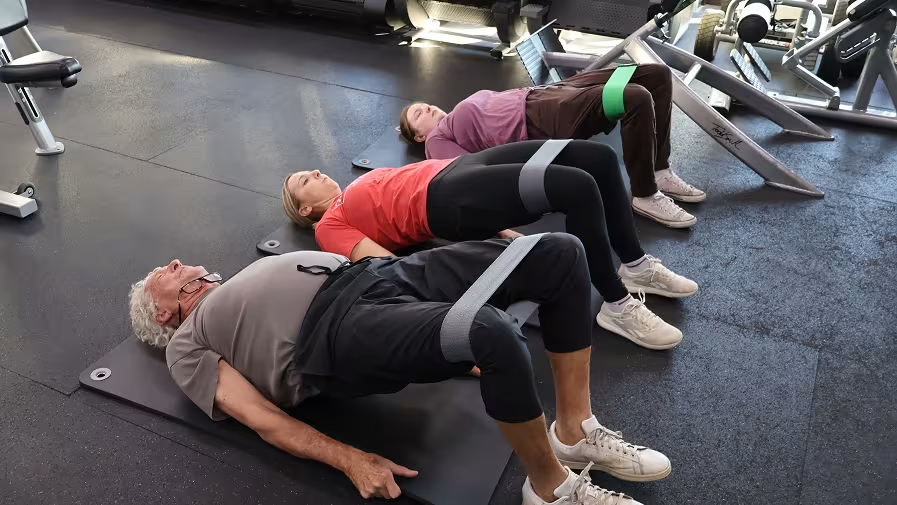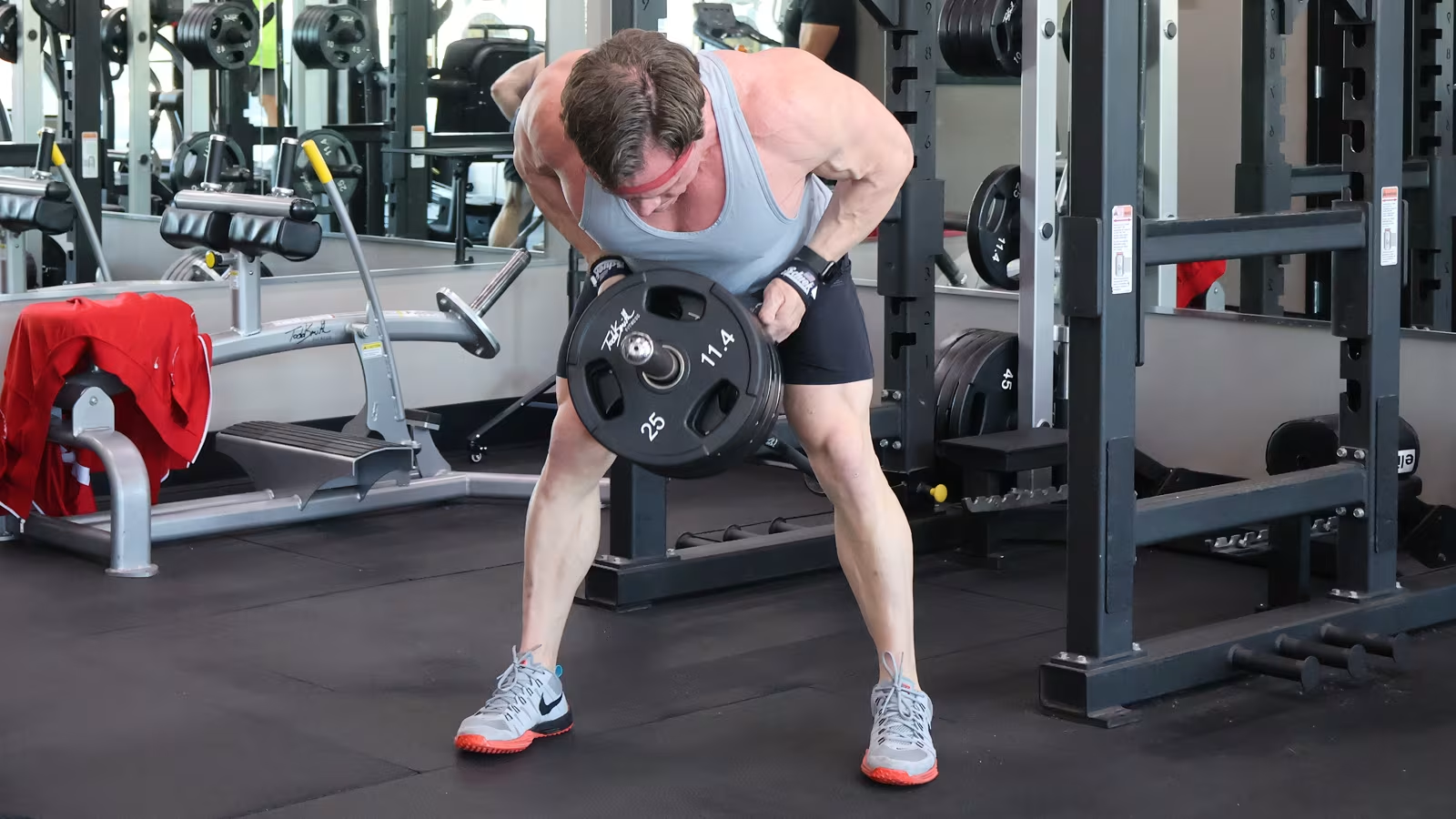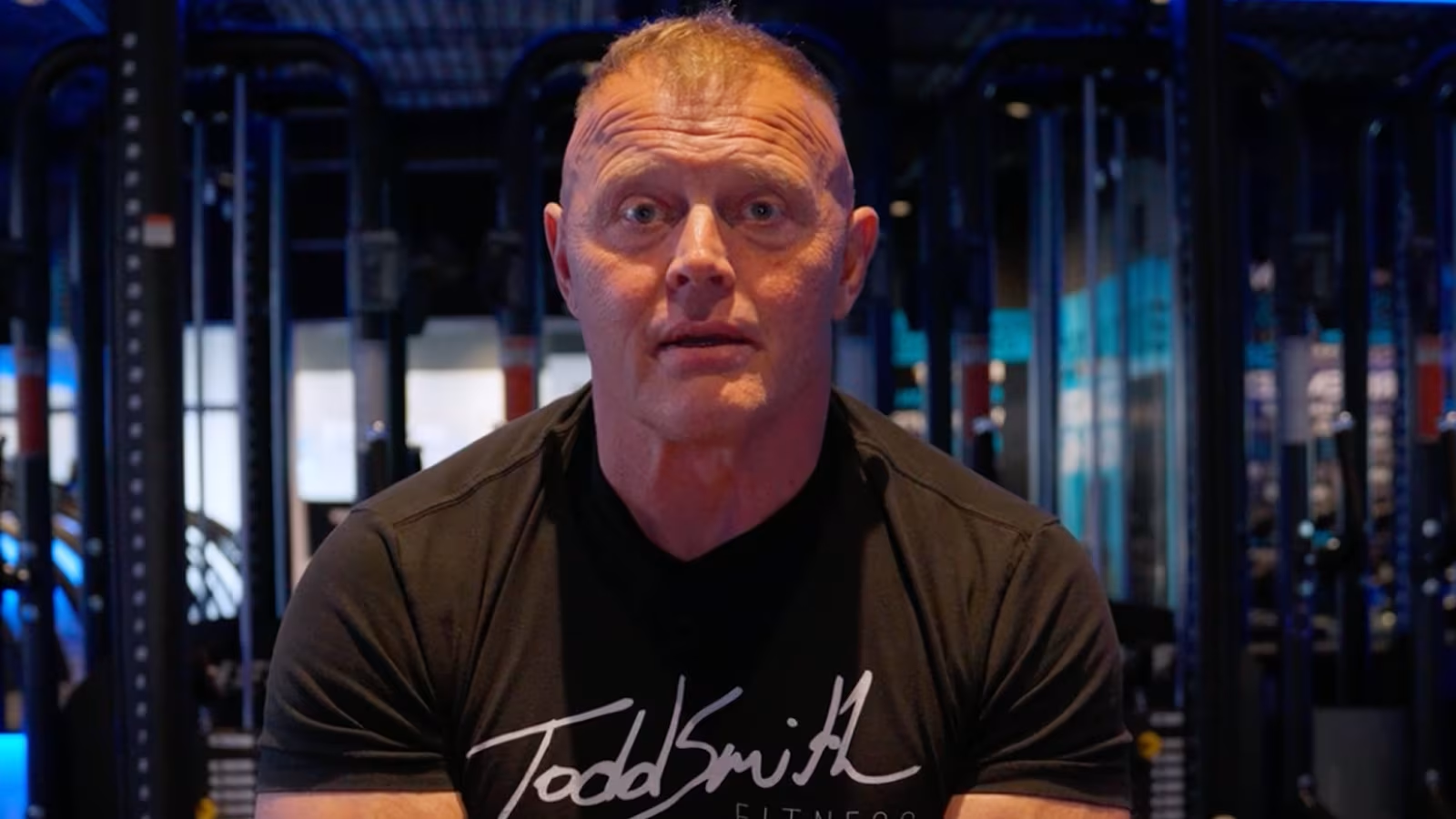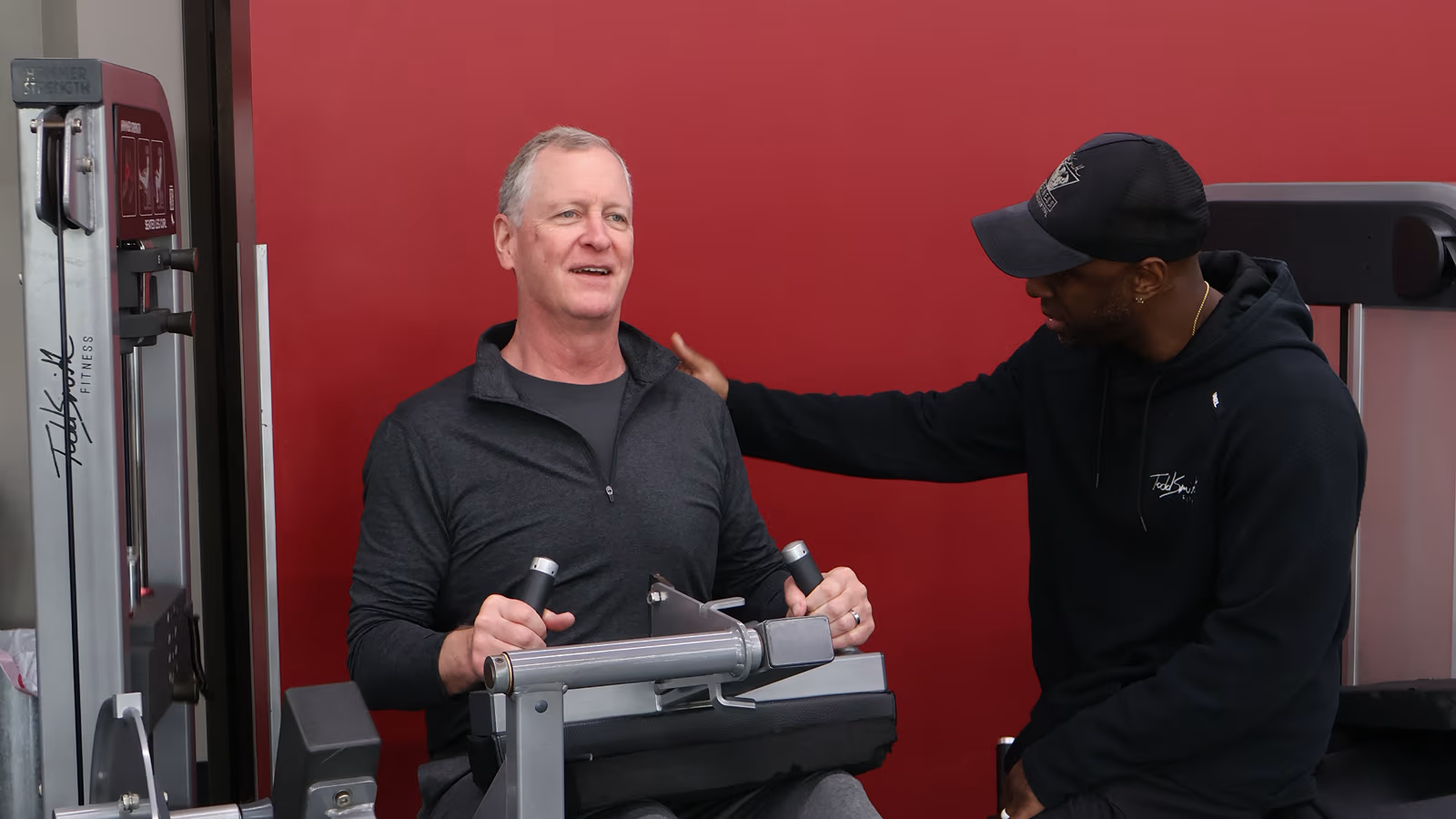The fitness world is packed with buzzwords. One of the most common? “Fat burning.” From supplements to workouts to late-night infomercials, you’ve probably seen claims like “Melt fat fast” or “Enter the fat-burning zone.”
But here’s the truth: fat burning and fat loss are not the same thing. If your goal is to lose body fat, understanding this difference can save you time, money, and frustration.
What Does “Fat Burning” Mean?
When you hear the term fat burning, it refers to your body’s choice of fuel source during activity.
- If you exercise on an empty stomach, your body may rely more on fat for fuel.
- If you eat a carb-heavy meal first, your body may burn more glycogen (stored carbohydrates).
Either way, your body is just switching between fuel sources. That switch doesn’t guarantee long-term fat loss.
Fat Burning vs Fat Loss: The Key Difference
- Fat burning = temporary use of fat for energy
- Fat loss = reduction of stored body fat over time
You can burn fat during a workout but still gain body fat overall if you’re eating more calories than you expend. On the flip side, you can lose fat even if your workouts burn more carbs than fat—because fat loss depends on your overall energy balance, not your workout’s fuel mix.
How Fat Loss Actually Works
If your goal is losing fat and keeping it off, here are the non-negotiables:
- Calorie deficit – Consistently eating fewer calories than you burn.
- Strength training – Building and preserving muscle mass to keep your metabolism strong.
- Cardio + activity – Supporting energy expenditure and heart health.
- Consistency and time – Fat loss doesn’t happen overnight; it’s the result of sustainable habits.
Why “Fat-Burning Workouts” Can Mislead You
Many fitness programs and products market “fat-burning workouts” or supplements that promise to torch fat. The problem? They focus on the fuel source during exercise instead of the bigger picture.
- Doing low-intensity cardio in the so-called fat-burning zone may burn more fat as fuel, but if your diet isn’t in check, you won’t lose body fat.
- Supplements labeled as “fat burners” don’t magically melt fat—they usually just contain caffeine or ingredients that slightly boost metabolism.
What to Focus on Instead
If you want real fat loss results, don’t chase buzzwords. Build habits that create lasting change:
- Prioritize whole foods and adequate protein
- Strength train 2–4 times per week
- Get enough sleep and recovery
- Stay consistent with a calorie deficit
These fundamentals will get you further than any “fat-burning” trick.
What to Focus on Instead
If you want real fat loss results, don’t chase buzzwords. Build habits that create lasting change:
- Prioritize whole foods and adequate protein
- Strength train 2–4 times per week
- Get enough sleep and recovery
- Stay consistent with a calorie deficit
These fundamentals will get you further than any “fat-burning” trick.
Final Takeaway
The phrase fat burning might sound exciting, but don’t confuse it with true fat loss. Fat burning is just fuel usage. Fat loss is the result of consistent habits, training, nutrition, and patience.
Next time you see “fat-burning” products or workouts, remember: don’t chase buzzwords—chase habits. That’s how real fat loss happens.








